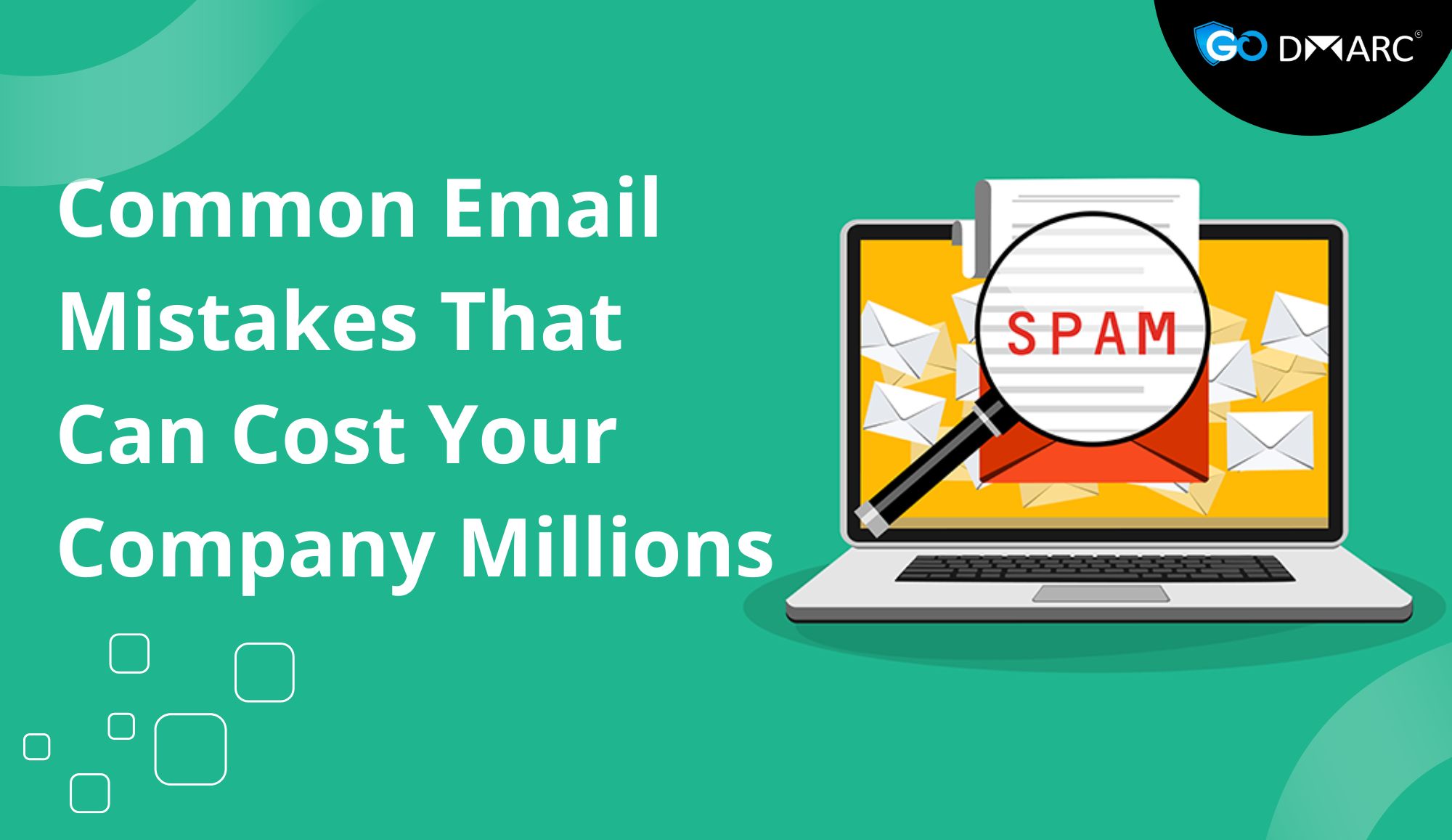Introduction
The digital landscape is continuously evolving, driven by shifting consumer expectations, emerging technologies, and increasing concerns around security and privacy. Google and Yahoo, two of the largest and most influential internet giants, have had to constantly adapt to maintain relevance and meet user needs. As users become more aware of data security, personalized experiences, and ethical business practices, these companies have implemented strategic changes to align with modern expectations.
This blog explores how Google and Yahoo have adapted to the evolving demands of their users by focusing on privacy enhancements, artificial intelligence, user experience, and security measures, including DMARC compliance to prevent email fraud and phishing attempts.
1. Strengthening User Privacy and Data Protection
One of the most significant shifts in user expectations has been the demand for increased privacy and data protection. With rising concerns over data breaches, unauthorized tracking, and misuse of personal information, users now expect digital platforms to be more transparent and accountable.
Google’s Approach to Privacy
Google has introduced several privacy-focused initiatives to give users greater control over their data. Some of the key efforts include:
- Phasing Out Third-Party Cookies: Google announced its plan to phase out third-party cookies in Chrome, which has been a critical step towards enhancing online privacy. The company is implementing its Privacy Sandbox initiative, which aims to develop alternative tracking methods that balance user privacy and advertiser needs.
- Enhanced Privacy Controls: Google has improved its privacy settings, allowing users to auto-delete their search history, location history, and web activity at regular intervals.
- End-to-End Encryption in Gmail: To enhance communication security, Google has introduced end-to-end encryption for Gmail, ensuring that sensitive information remains private and protected from unauthorized access.
Yahoo’s Approach to Privacy
Yahoo, now part of Apollo Global Management, has also prioritized user privacy through various updates:
- Improved Consent Management: Yahoo has enhanced its user consent mechanisms, ensuring compliance with global data protection laws such as GDPR and CCPA.
- Encrypted Email Services: Yahoo Mail now includes encryption options to secure emails from potential cyber threats.
- Privacy Dashboard: Yahoo offers users a detailed privacy dashboard where they can manage their data and control personalized ad settings.
Both companies recognize that user trust is essential to retaining their audiences. By making privacy a core focus, they align with the growing demand for more secure and transparent online experiences.
2. Leveraging Artificial Intelligence for a Better User Experience
Artificial intelligence (AI) has become a crucial element in shaping modern digital experiences. Both Google and Yahoo have embraced AI to enhance search capabilities, content recommendations, and customer interactions.
Google’s AI Innovations
Google has integrated AI across its products to provide a more intuitive and seamless experience. Some notable implementations include:
- Google Search AI Enhancements: Google’s AI-driven algorithms continuously evolve to provide more accurate and relevant search results based on user intent.
- Bard AI Chatbot: Google has developed Bard, an AI-powered chatbot designed to assist users with complex queries and provide human-like interactions.
- YouTube Recommendations: AI helps analyze user behavior to suggest personalized content, enhancing user engagement.
- Gmail Smart Compose and Auto-Reply: AI-driven features in Gmail assist users in composing emails quickly, improving productivity and efficiency.
Yahoo’s AI Implementations
Yahoo has also leveraged AI to improve its user experience:
- AI-Powered Search Engine: Yahoo has optimized its search engine using AI to deliver better, more relevant search results.
- Personalized News Feed: Yahoo News uses AI to curate news stories based on user preferences, ensuring a more engaging content experience.
- Smart Email Sorting in Yahoo Mail: AI helps categorize emails into different folders automatically, making inbox management easier for users.
With AI advancements, both Google and Yahoo continue to refine their platforms, offering users a more personalized and seamless digital experience.
3. Enhancing Security Measures Against Cyber Threats
With the rise of cyber threats, ensuring robust security has become a top priority for Google and Yahoo. Users expect platforms to protect them from phishing attacks, fraud, and other online threats.
Google’s Security Enhancements
- Two-Factor Authentication (2FA): Google has strengthened account security by making two-factor authentication mandatory for many users.
- Safe Browsing Feature: Google warns users about potentially harmful websites to prevent phishing attacks.
- DMARC Compliance: Google has implemented Domain-based Message Authentication, Reporting, and Conformance (DMARC) to prevent email spoofing and phishing attempts, ensuring safer email communication.
Yahoo’s Security Measures
- Advanced Email Security: Yahoo Mail integrates security features such as spam filtering, AI-powered threat detection, and encryption.
- Account Key Login: Yahoo offers password-less login through Account Key, reducing the risk of credential theft.
- DMARC Adoption: Like Google, Yahoo has also adopted DMARC policies to enhance email security and protect users from phishing attempts.
By prioritizing security enhancements, Google and Yahoo help ensure that users can interact with their services safely and with confidence.
4. Improving User Experience with Innovative Features
Beyond security and privacy, users expect seamless and feature-rich experiences. Google and Yahoo have continuously improved their platforms to meet these demands.
Google’s UX Enhancements
- Google Lens Integration: Allows users to search using images instead of text, enhancing the search experience.
- Google Maps AR Navigation: Augmented reality navigation improves usability for travelers and commuters.
- Dark Mode for Accessibility: Google has introduced dark mode across various apps to enhance readability and reduce eye strain.
Yahoo’s UX Innovations
- Revamped Yahoo Mail Interface: A cleaner and more intuitive design makes email management easier.
- Improved Yahoo Finance Tools: Enhanced stock tracking and financial insights improve user engagement.
- Yahoo Weather with AI Predictions: More accurate weather forecasts using AI-driven analytics.
By continuously refining their user interfaces and introducing innovative features, Google and Yahoo ensure that they remain competitive in a dynamic digital environment.
Conclusion
As user expectations continue to evolve, Google and Yahoo remain committed to adapting through enhanced privacy measures, AI-driven improvements, security innovations, and user experience enhancements. Their efforts in implementing technologies such as DMARC for email security further demonstrate their dedication to creating a safer digital space.
By staying ahead of trends and focusing on user-centric improvements, these tech giants continue to shape the future of the digital landscape. The competition between them fuels innovation, ultimately benefiting users by offering safer, smarter, and more personalized online experiences.




